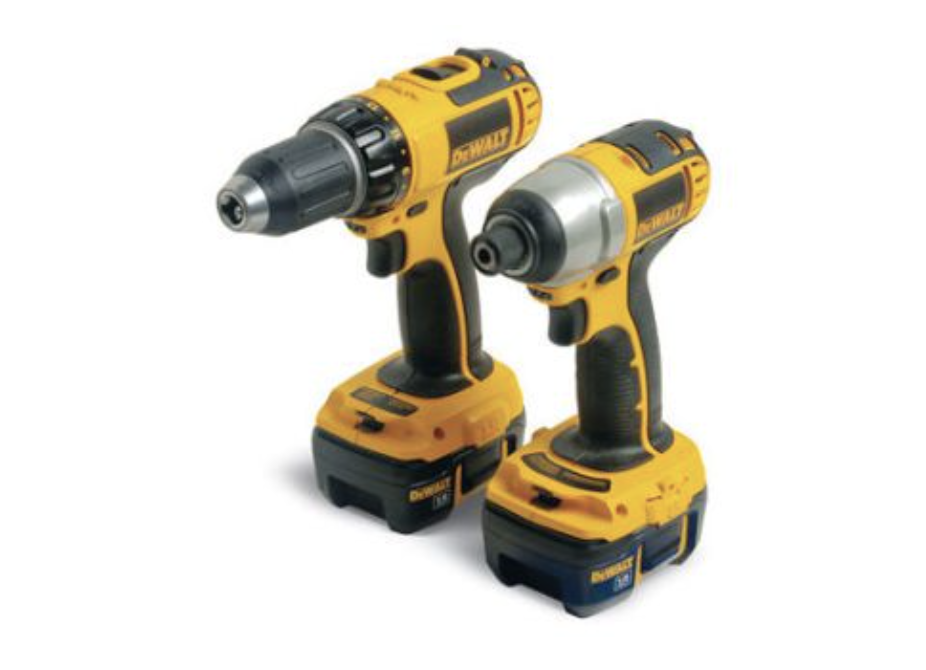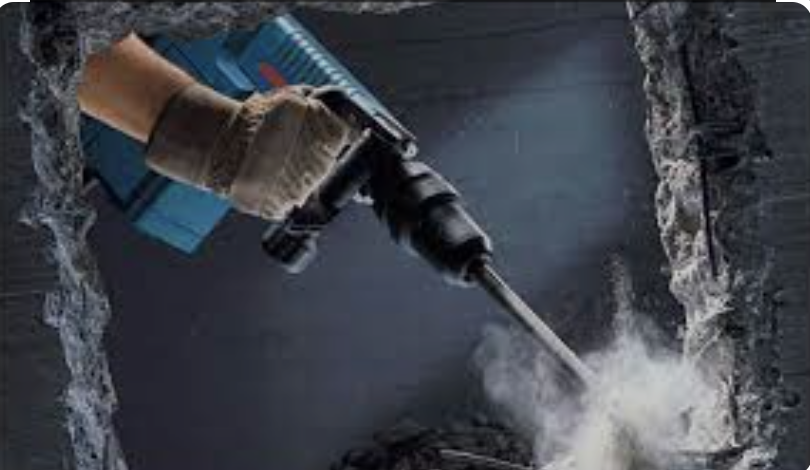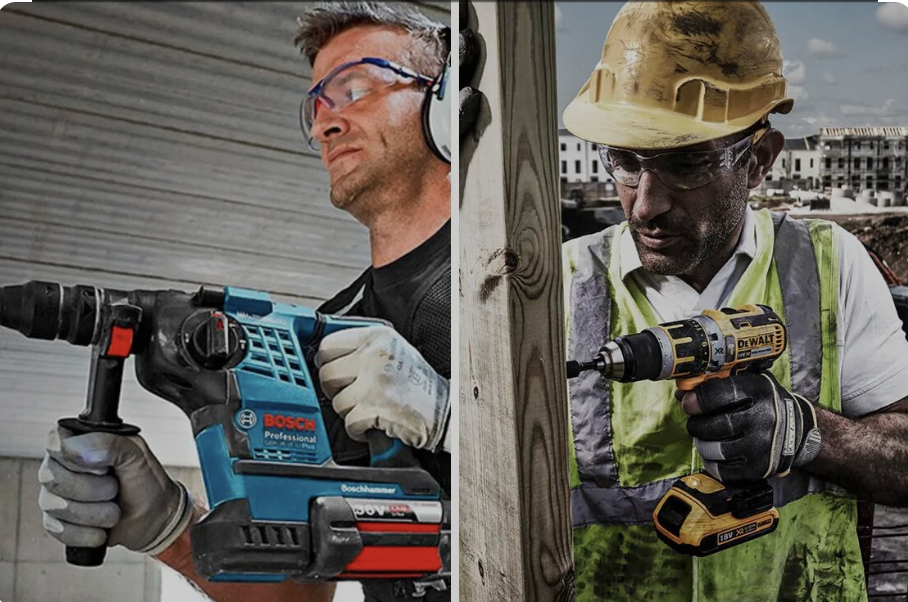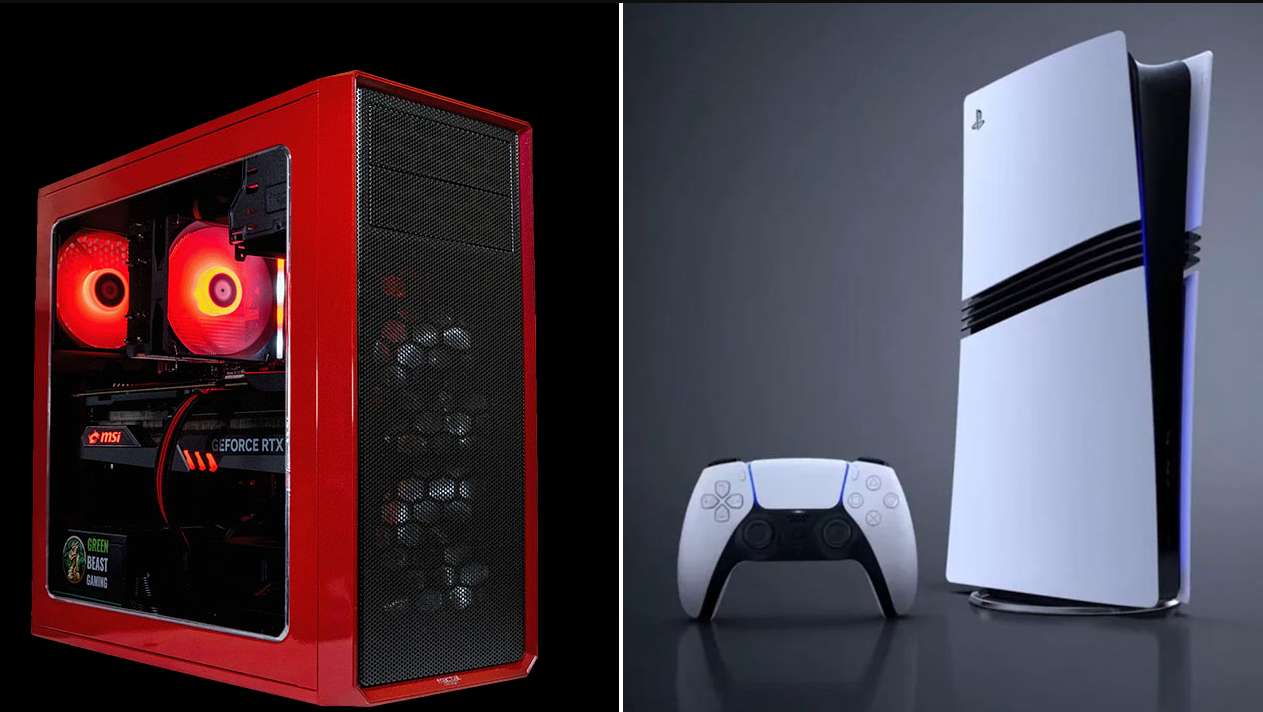Deciding whether to use an impact drill or a hammer drill can be a difficult decision, even for experienced professionals. It’s important to realise that, despite appearances and functional overlaps, these tools are designed to perform different types of work. In this article, we will explore the key features, benefits and limitations of each in detail to help you choose the most appropriate tool.
Impact Drill and Hammer Drill Comparison: Key Features and Applications
| Parameters | Impact drill | Perforator |
| Power | 500-1000 W | 800 W and above |
| Modes of operation | Impact and conventional drilling | Impact drilling, chiselling, conventional drilling |
| Chuck system | Key/Quick-clamp | SDS-plus/SDS-max |
| Weight (approx.) | 1-2.5kg | 2-5kg |
| Application | Light and medium work | Heavy work, concrete and brick |
Impact Drill: All-round Drilling Tool

The impact drill is a multi-purpose device capable of creating holes in a variety of surfaces, including wood, metal and even low-density concrete. It is ideal for a wide range of applications due to its versatile features:
Power: Varies between 500-1000 watts, providing enough power for most home and semi-professional jobs.
Operating modes: Offers two main modes – impact drilling for hard materials and standard drilling for softer materials.
Chuck Type: Includes both key and quick-action chucks, providing flexibility in accessory selection and ease of use.
Advantages
This tool stands out for its lightness and versatility, making it the ideal choice for a variety of household tasks. Its versatility allows you to carry out a wide range of jobs, from simple wood drilling to more complex tasks such as installing anchors in walls.
Disadvantages
Despite its versatility, an impact drill can struggle when working with particularly hard materials such as thick concrete or stone, where its impact function may not be sufficient to drill effectively.
This tool is particularly useful for home handymen and DIY-enthusiasts, offering a good combination of performance, usability and affordability. Its flexibility and ability to adapt to different tasks make it an indispensable assistant in every home.
Perforator: Specialised tool for heavy materials

A perforator is a tool specially designed to work effectively with very hard materials, including concrete and bricks. Its main purpose is to perform tasks that require high impact power that far exceeds the capabilities of an impact drill. Here are its key features:
Power: Punches typically have a power rating of 800 watts or more, giving them enough power to punch through hard surfaces.
Operating modes: Includes impact drilling for hard materials, chiselling for difficult demolition work and conventional drilling for softer materials.
Chuck type: Use SDS-plus or SDS-max chuck systems for convenient and fast drill and bit changes without the need for additional tools.
Advantages
Perforators stand out for their ability to work efficiently with hard materials, while being highly durable and reliable even under heavy use.
Disadvantages
The main disadvantages of a perforator are its relatively heavy weight and size, which can make it less convenient for small or precise jobs.
The perforator is the ideal choice for professional builders and those who regularly face the need to drill or chisel in hard materials. Its durability and power make it an indispensable tool for heavy construction and repair work.
Key Aspects of Comparing Impact Drills and Punch Drills
Power and Efficiency: In the context of power, impact drills stand out for their ability to handle more complex tasks such as punching holes in brick or concrete. At the same time, impact drills are more suitable for medium-duty jobs and softer materials.
Comfort and Ease of Use: Impact drills are lighter and more comfortable to handle, making them the best choice for work in confined spaces or when prolonged use is required. Perforators, on the other hand, are heavier and better suited for jobs requiring vertical drilling.
Flexibility: Impact drills benefit from flexibility due to their ability to be used with a variety of accessories, which extends their functionality beyond simple drilling. Perforators, on the other hand, are more specialised for drilling and chiselling tasks.
Cost Aspect: In terms of cost, impact drills are often more affordable, making them the preferred choice for home users and hobbyists.
Determining whether an impact drill or a hammer drill is the best tool depends largely on the nature of the work to be done. For light to medium domestic tasks, an impact drill is ideal. In the case of professional jobs involving hard materials, a perforator will provide the required power and performance. Before making a choice, it is important to consider both personal needs and budget.
Want to save money and get money back on every purchase? Then go to the reBITme website and start receiving cashback right now!





